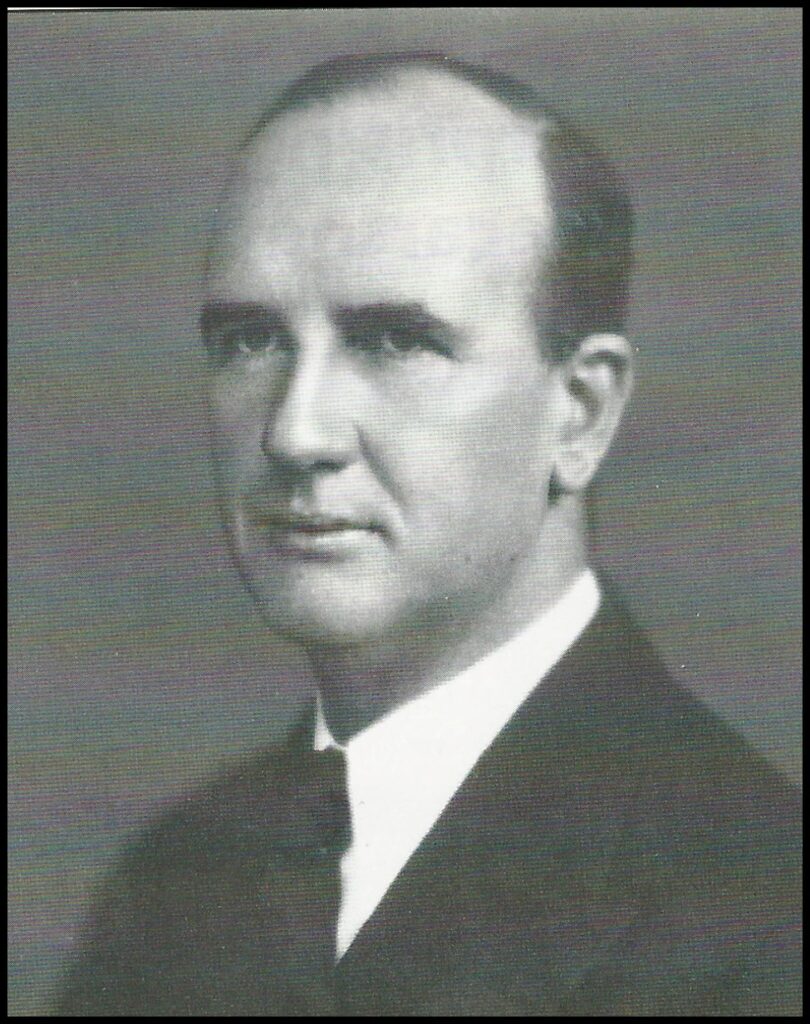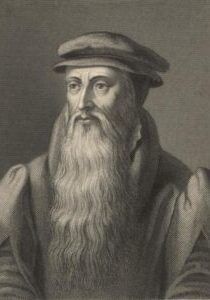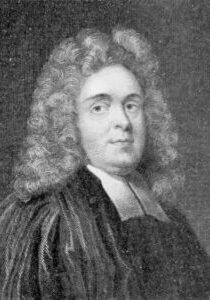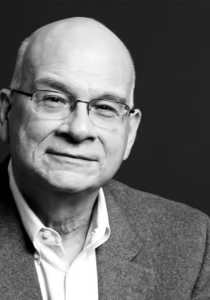
Clarence E. Macartney
September 18, 1879 - February 19, 1957
Pastor and Author
Pastor and Author
From Northwood, Ohio
Served in Pennsylvania
Affiliation: Presbyterian
"The greatest need of the Church today is a few men of ability and faith who are not afraid of being called 'bigots,' 'narrow,' 'medieval' in their religious thought."
Clarence Edward Macartney was a towering figure in early 20th-century American Presbyterianism, best remembered for his unwavering commitment to traditional Christian doctrine during a time of tremendous theological and cultural upheaval. As pastor of prominent churches in Philadelphia and Pittsburgh and a key voice in the Fundamentalist-Modernist Controversy of the 1920s, Macartney played a formative role in shaping the direction of the Presbyterian Church and American evangelicalism more broadly.
Born in 1879 in Northwood, Ohio, Macartney was the son of a professor of Natural History at Geneva College. When the college moved to Beaver Falls, PA in 1880, the family moved eastward. Raised in a devout Presbyterian household, he came of age in a world where the old certainties of Victorian faith were increasingly under scrutiny from modern science, biblical criticism, and new theological movements. Macartney pursued higher education at the University of Wisconsin and then at Princeton Theological Seminary, where he studied under theologians committed to classical Reformed doctrine. Princeton, at the time, was a bastion of orthodox Calvinism, and it was there that Macartney absorbed the theology that would shape his life’s work.
By the time he became pastor of Arch Street Presbyterian Church in Philadelphia and later First Presbyterian Church in Pittsburgh, Macartney had developed a national reputation as a preacher, author, and public theologian. He was especially gifted in the pulpit, known for sermons that were vivid, carefully structured, and theologically robust. His preaching attracted large crowds, and later in his ministry he reached an even wider audience through radio broadcasts, making him one of the early voices of American religious broadcasting.
Macartney rose to national prominence during the Fundamentalist-Modernist Controversy, a fierce dispute within American Protestantism that erupted in the 1920s. This controversy centered on the authority of Scripture, the role of science in theological reflection, and the question of whether Christianity needed to evolve in light of modern knowledge. Macartney’s opponent in this debate was the influential New York pastor Henry Emerson Fosdick, a modernist who believed Christianity should adapt to the intellectual and social changes of the modern world.
In 1922, Fosdick preached his now-famous sermon “Shall the Fundamentalists Win?” in which he criticized those who insisted on a literal interpretation of Scripture and resisted modern science and historical criticism. Macartney responded swiftly with a sermon of his own titled “Shall Unbelief Win?” In it, he made the case that Christianity stood not on shifting cultural sands but on the unchanging truth of the Bible. The exchange between Fosdick and Macartney quickly became emblematic of the larger battle unfolding in churches and seminaries across the country.
Although Macartney was not present at the famous 1925 Scopes “Monkey” Trial in Dayton, Tennessee, which debated the legality of teaching evolution in public schools, he was closely aligned with William Jennings Bryan, the prosecution’s lead attorney and a fellow Presbyterian. Macartney and Bryan were both deeply concerned that the embrace of Darwinian evolution would lead to a rejection of biblical authority and moral relativism. Bryan even named Macartney to be the moderator of the 1925 General Assembly of the Presbyterian Church, a role that placed him at the center of the denomination’s struggle for theological direction.
Despite his firm opposition to modernist theology, Macartney was not a reactionary. He cared deeply about engaging the world and addressing its needs. In Pittsburgh, he pioneered the Tuesday Noon Club, a weekly gathering for businessmen in the city’s downtown core. This interfaith initiative provided spiritual and ethical guidance in an increasingly industrialized and secular urban environment. Through these gatherings and his preaching, Macartney sought to bring timeless Christian truths into direct contact with contemporary challenges.
In addition to his pastoral work, Macartney was a prolific writer. He authored more than 50 books, many of which remain in print today. His works often blended theology, biblical exposition, and biography. He had a keen interest in historical figures and their faith journeys, and his biographical sermons helped popularize this form of preaching. In this way, Macartney acted as a kind of historical educator from the pulpit, bringing the past to life in service of the present.
One of Macartney’s enduring strengths was his ability to appeal both to the head and the heart. His sermons were intellectually rigorous, rooted in Scripture and confessional theology, but they were also full of vivid illustrations, practical applications, and pastoral sensitivity. He believed that the Christian message was both eternally true and urgently needed in the modern world.
Still, Macartney’s firm stance on doctrine and his leadership in the fundamentalist movement did not come without cost. The Presbyterian Church of his day moved toward a more inclusive, theologically liberal stance, and Macartney found himself increasingly at odds with the institutional direction. While he remained in the denomination throughout his life, his legacy was most deeply felt in the conservative and evangelical traditions that took shape in the later 20th century.
His commitment to theological clarity and fidelity has continued to resonate long after his death in 1957. Geneva College, a Christian liberal arts school in Beaver Falls, Pennsylvania, honors his memory through the Clarence E. Macartney Library. There, students still study the texts and sermons of a man who believed that truth was not subject to cultural trends.
In many ways, Clarence Macartney represented a bridge between the 19th-century evangelical tradition and the rise of modern evangelicalism in the postwar era. He was a pastor who took ideas seriously and believed that what Christians think about God, Scripture, and salvation matters deeply for how they live in the world. At a time when many in the church were tempted to drift with the cultural current, Macartney stood firm, believing that the ancient truths of the Christian faith remained the surest foundation for life in the modern age.
Note on name spelling: Macartney was born as McCartney (family name spelling), but as a historian he had researched his origins and realized that his roots in Scotland spelled the name with the more Scottish (rather than Irish) spelling of Macartney, so he legally changed his name.



